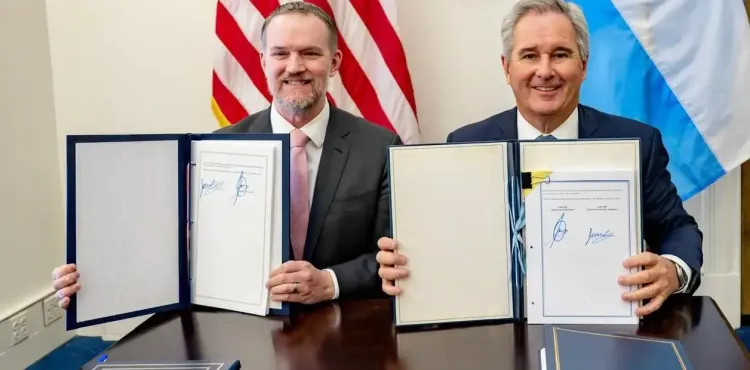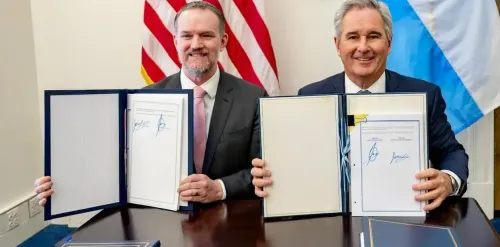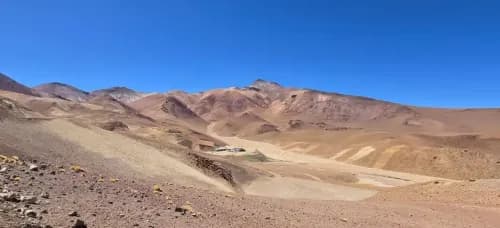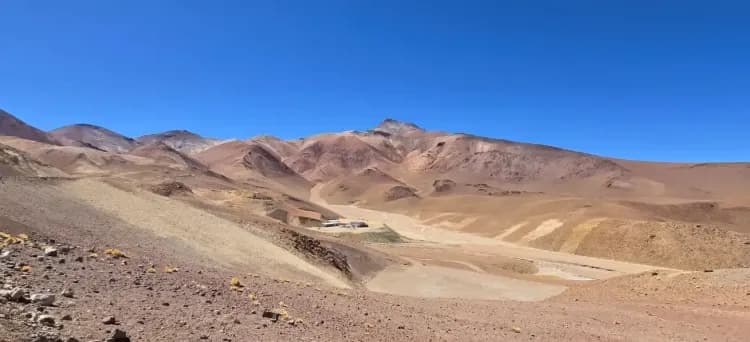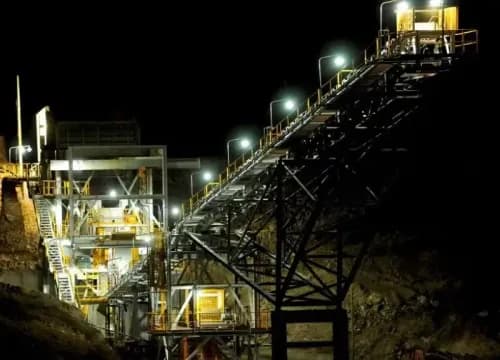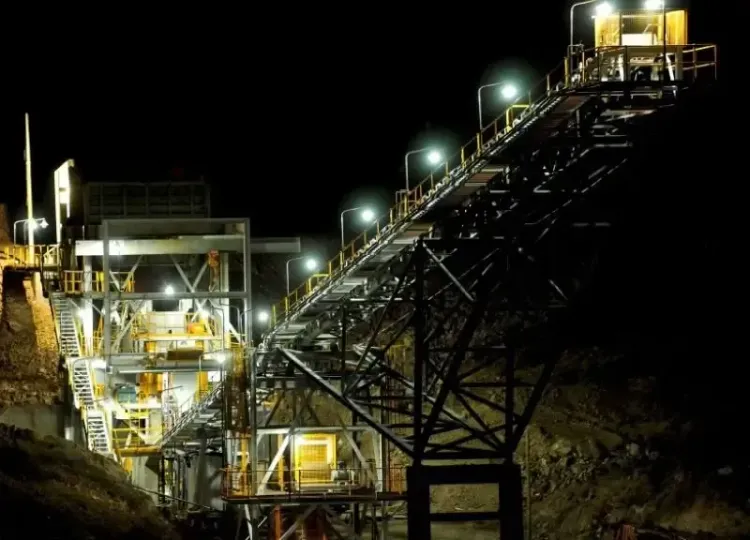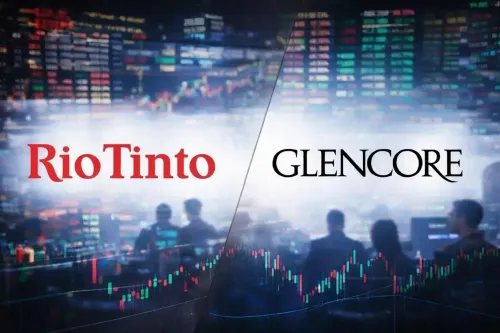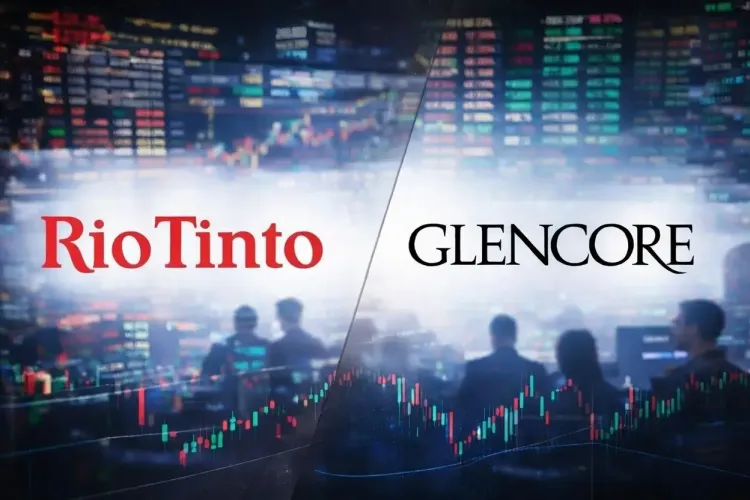Lithium Americas Corp. provided results of a Definitive Feasibility Study («Stage 1 DFS») on the Cauchari-Olaroz lithium project («Cauchari-Olaroz» or the «Project») in Jujuy province.
Unless otherwise stated, all figures are quoted in U.S. dollars («$») and are reported on a 100% equity project basis.
Highlights:
- Average annual production of 25,000 tonnes of battery-grade lithium carbonate over a 40-year project life
- Estimated construction capital cost of $425 million, before working capital and value-added taxes («VAT»)
- Average operating costs of $2,495/t of battery-grade lithium carbonate produced
- Average annual EBITDA of $233 million, after-tax NPV of $803 million (at a 10% discount rate) and after-tax IRR of 28.4% assuming a price of $12,000/t of battery-grade lithium carbonate sold
- Creation of at least 260 permanent jobs during the 40 years of operations and employment of at least 800 people during the 2-year construction period
- Government confirmation of all necessary permits to commence construction and operate
- Construction expected to commence in the first half of 2017 with production starting in 2019
Cauchari-Olaroz is 100% owned by Minera Exar S.A., an Argentine company owned 50/50 by Lithium Americas and Sociedad Quimica y Minera de Chile S.A. («SQM»). As previously announced, Minera Exar is pursuing a development plan at Cauchari-Olaroz for production capacity of 50,000 tonnes per annum («tpa») of battery-grade lithium carbonate («Li2CO3») in two stages, with each stage consisting of 25,000 tpa of Li2CO3. The Stage 1 DFS covers the first stage («Stage 1») and the plant for Stage 1 has been engineered to integrate production from the second stage («Stage 2»). No estimated financial results or reserve estimate associated with Stage 2 are included in the Stage 1 DFS.
The results of the Stage 1 DFS are provided in Table 1 on a 100% equity project basis:
Table 1: Cauchari-Olaroz Stage 1 DFS Results
| Stage 1 DFS
| |
| Lithium carbonate price | $12,000/t Li2CO3 |
| Average annual production | 25,000 tpa Li2CO3 |
| Expected project life | 40 years |
| Project capital costs | $425 million |
| Operating costs | $2,495/t Li2CO3 |
| Average annual EBITDA | $233 million |
| Pre-tax NPV 10% discount | $1,266 million |
| After-tax NPV 10% discount | $803 million |
| Pre-tax IRR | 34.0% |
| After-tax IRR | 28.4% |
| Payback period | 3 years, 5 months |
Tom Hodgson, CEO of Lithium Americas, commented: «We are very pleased with the results of the Stage 1 DFS, which highlights the value created from our partnership with SQM, our experienced team in Argentina and strong support from the government of Jujuy. The Stage 1 DFS leverages our partner’s expertise to develop a low-cost and long-life lithium project. We plan to start construction immediately upon closing our strategic investments with Ganfeng Lithium and Bangchak Petroleum, which are expected to close in the coming month.»
Project Details
Cauchari-Olaroz is located in Jujuy Province in north-west Argentina. The Project is situated in the Salar de Olaroz and Salar de Cauchari, adjacent to Orocobre Ltd.’s Olaroz facility, which has been in production since 2015. The Project is approximately 270 km east of SQM’s Salar de Atacama brine operation, accessible via an international highway. Cauchari-Olaroz is well serviced by nearby infrastructure including major paved highways, a national and international rail link which connects to the port of Antofagasta in Chile, a high-voltage power grid, and a gas pipeline.
The Stage 1 DFS is based on using a conventional, commercially-proven brine processing technology at Cauchari-Olaroz to produce high quality battery-grade lithium carbonate that can be used directly by battery material producers in manufacturing cathode and electrolyte for lithium-ion batteries.
The production process involves two distinct steps and is generally consistent with other established brine operations. The first step uses a solar evaporation process to concentrate lithium in the brine and precipitate competing salts in large-scale ponds. The ponds at Cauchari-Olaroz are based on SQM’s pond design criteria used in their existing Atacama operation and involve the use of shallow ponds where the precipitated salt is annually harvested from the flat pond base. The second step uses the processing facilities that transform the concentrated lithium brine into battery-grade lithium carbonate while ensuring the removal of impurities from the end-product.
The Stage 1 DFS contemplates producing 25,000 tpa of battery-grade Li2CO3 for a project life of 40 years with production starting in 2019 The production and sale of potassium chloride («KCl») is not contemplated in the Stage 1 DFS.
Minera Exar has granted a right to Jujuy Energia y Mineria Sociedad del Estado («JEMSE»), a mining investment company owned by the government of Jujuy Province, to acquire an 8.5% equity interest in Minera Exar and provide management services as required to develop the Project.
Permitting Status
Minera Exar has an approved Environmental Impact Statement («EIS») permit issued by the Province of Jujuy on July 11, 2012. Minera Exar’s permitting status was recently affirmed by a letter from the Secretary of Mining and Hydrocarbons of the Province of Jujuy on March 21, 2017 confirming that Cauchari-Olaroz has the necessary permits to commence construction and operate in accordance with the EIS.
Economic Benefits to Jujuy Province and Argentina
The Stage 1 DFS demonstrates that Cauchari-Olaroz will provide substantial economic benefits to Argentina at the local, provincial, and national levels, including:
- Direct employment by Minera Exar of at least 800 people during the 2-year construction period;
- Direct employment by Minera Exar of at least 260 people in permanent positions during the 40 year operations;
- Several hundred indirect jobs with suppliers of products and services to support mine operations;
- Annual payments to the government totaling approximately $63 million in the form of income tax, corporate tax, and royalties (based on a price of $12,000/t of Li2CO3);
- Training and skills development programs aimed at maximizing local employment at the Project;
- Expected improvement of local and regional infrastructure; and
- Continuation and future expansion of existing community investment programs, small business development, and support of cultural development.
Operating Costs
The operating and capital cost estimates have been reviewed and confirmed by Andeburg Consulting Services Inc. («ACSI») in accordance with NI 43-101 Standards of Disclosure for Mineral Projects. The Project cost estimates are based on an exchange rate of 16:1 Argentine pesos to the U.S. dollar. The average operating costs were calculated for a facility with production of 25,000 tpa of battery-grade Li2CO3, and are presented in the table below in Table 2. Additional work through engineering refinements and contract negotiation will continue in an effort to reduce the operating expenditures.
Operating Costs
| Category | Operating Cost
($/t Li2CO3) | % of Total |
| Reagents | $991 | 40% |
| Pond Harvesting & Tailing Management | $345 | 14% |
| Maintenance | $210 | 8% |
| Electric Power | $187 | 7% |
| Labour | $166 | 7% |
| Product Transportation | $135 | 5% |
| Catering, Security & Third Party Services | $97 | 4% |
| Natural Gas | $85 | 3% |
| G & A | $76 | 3% |
| Diesel | $69 | 3% |
| Consumables | $51 | 2% |
| Water Treatment System | $38 | 2% |
| Bus-In / Bus-Out Transportation | $35 | 1% |
| E & C | $10 | <1% |
| Total Operating Costs | $2,495 | 100% |
Capital Costs
The construction capital cost estimates are based on current Argentine costs for labor and materials. The Stage 1 construction capital cost is estimated at $425 million inclusive of a 15% contingency. Construction and commissioning will take approximately two years. Detailed capital cost estimates are exclusive of VAT and working capital. During construction, VAT and working capital are expected to total $51.1 million and $12.5 million, respectively. The VAT is refundable with an average repayment period of 2 years.
Capital Costs
| Category | Capital Costs
($ millions)
|
| Direct Costs
| |
| Evaporation ponds | $129 |
| Lithium carbonate plant | $121
|
| On site infrastructure | $26 |
| Offsite infrastructure
| $41 |
| Brine extraction wells and piping | $15
|
| Total Direct Cost | $333 |
| Total Indirect Cost | $37 |
| Contingency (15%) | $55 |
| Total Capital Costs | $425 |
Conclusions and Next Steps
Lithium Americas contemplates that Minera Exar will commence construction immediately following the close of the Ganfeng Lithium and Bangchak Petroleum investment agreements. The construction timetable is targeted to follow:
- H1 2017 – Site preparation and camp construction
- H2 2017 – Pond construction and wellfield installation commences
- 2018 – Plant construction; offsite infrastructure
- 2019 – Commissioning and first production


